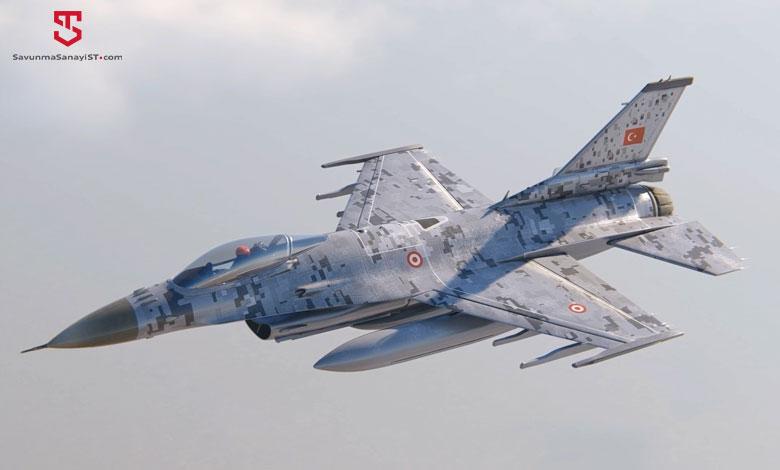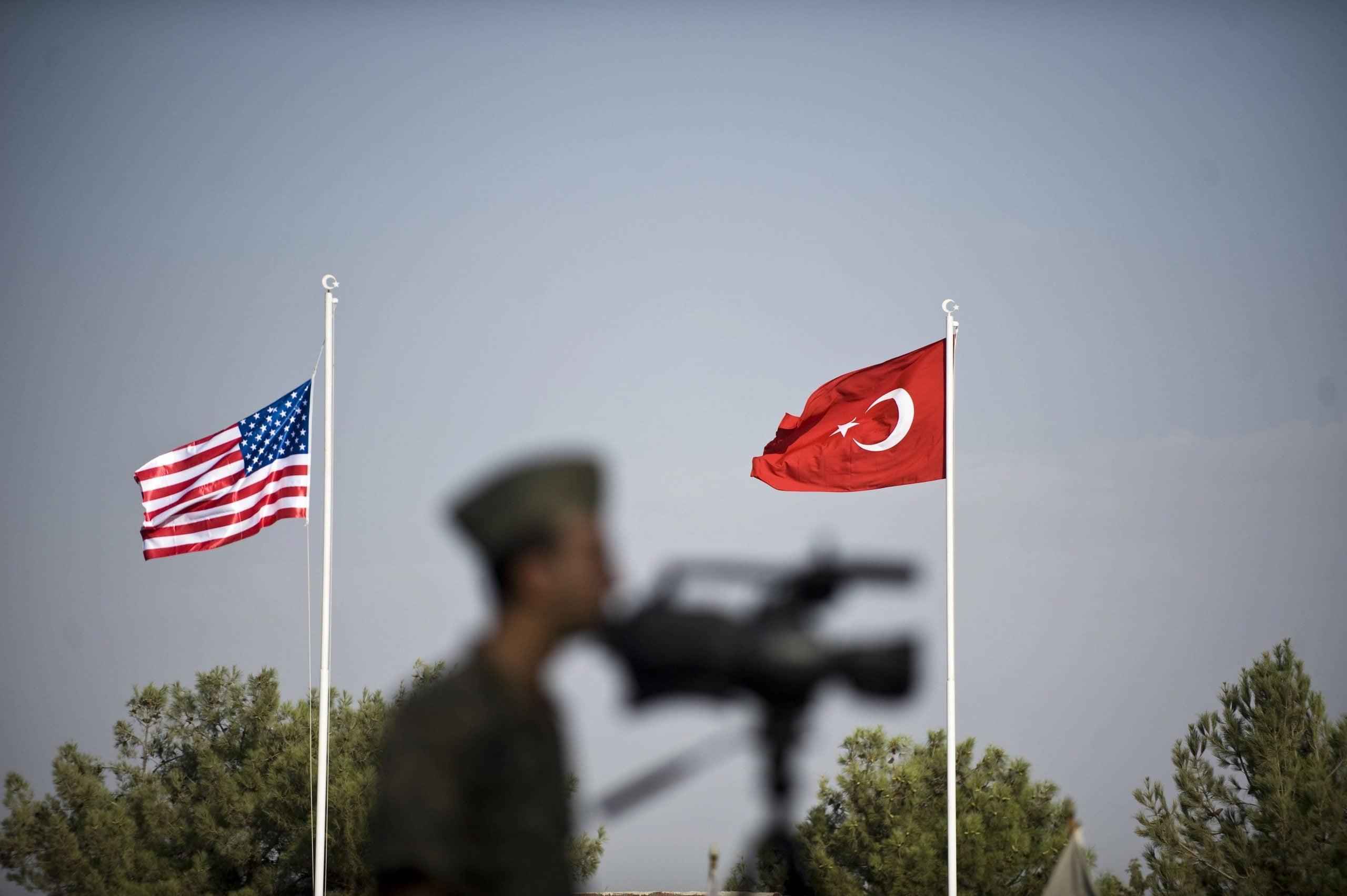Türkiye's dual path to aerial superiority Domestic and US models of F-16
Türkiye has ordered 120 units F-16 fighter jets in the latest "Block 70" modification from the United States. The country's air force will receive 40 new aircraft and 80 sets of upgrades of older models to the appropriate level. However, the $23 billion deal has many goals besides building up military power.
Türkiye possesses a total of 240 F-16 aircraft of obsolete models (Block 30, Block 40, Block 50). One-third of these aircraft will be modernised thanks to an order placed in the United States. Ankara also intends to independently upgrade older versions of this aircraft in its service to the same level, but with its own technology. Turkish specialists expect that, having access to the latest American technologies, they will be able to compare them with their own developments and achieve certain advantages as a result.
Abdullah Bekci, an engineer and defence industry expert, claims that the Turkish model of the upgraded F-16 (it has already been given a name - Ozgur) and the F-16 upgraded by the Americans to the Block 70 level (it is called Viper) will complement each other. While being interviewed by Al-Monitor International, Bekci said "it will be possible to compare the Ozgur and Viper, determine their relative advantages and disadvantages and develop an appropriate strategy, with the technical data from this comparison allowing the Ozgur configuration to be improved."

These words can be understood to mean that Türkiye will have access to new American designs and will try to use them to develop its own military-industrial complex. In the future, the country intends to produce a fifth-generation national combat aeroplane, the MMU Kaan. It will probably appear before 2030. The modernisation of the F-16 was an intermediate stage on the way to the creation of this aircraft. Türkiye is building up the capabilities not only of its air force but also of its defence industry.
Another project within the framework of the F-16 deal is related to Türkiye's proposal to locate part of the production of the new aircraft at its own military plants. According to Turkish experts, if the US agrees, it will be an additional boost for the development of local industry. Türkiye is rapidly developing its defence industry. For example, Turkish arms exports grew by 22 per cent last year. The goal of Erdogan's government is to create a self-sufficient weapons ecosystem. The F-16 deal is seen as one step in that direction.
Currently, the Turkish defence industry is highly dependent on foreign components, and this fact has not only economic but also political significance, allowing other countries, especially the United States, to put pressure on the country.
It is curious that in addition to purchasing F-16s from the US, Ankara is also negotiating the acquisition of 60 Eurofighter Typhoon combat aircraft in the latest modifications in Europe. At the same time, Türkiye is talking about buying a large batch of civilian aircraft from European concerns, which can be seen as a package deal and is an additional argument for European lobbyists who will have to overcome the resistance of the anti-Turkish-minded part of parliamentarians in European powers. We have no information on whether Türkiye will get access to military technologies related to this aircraft, but this possibility cannot be ruled out - Ankara often makes this a condition of arms purchases.
So, by the end of the decade (the country will receive modernized F-16s by 2027–2028), the Turkish Air Force will have over 300 state-of-the-art aircraft in service, including, possibly, Canes and Eurofighters. This build-up of Air Force power is associated with the unstable situation in the world and, particularly in in the Middle East. At the same time, this will strengthen Ankara's foreign policy capabilities. However, the ambitious programme will require large expenses. This brings us back to economic problems.
The deal with the Americans has multiple objectives. By placing a $23 billion order with the US, Ankara raises its importance to the US economy. In 2022, the trade turnover between the countries reached 42 billion dollars. It will probably continue to grow in the coming years. Strengthening economic and political ties with Washington is an important goal for Türkiye.

In many ways, what is happening reflects the aftermath of the trauma of US-Turkish relations in the recent past. One of the main reasons for the cooling off was the deal that resulted in Türkiye's purchase of the S-400 air defence/PRO systems from Russia. The US responded by excluding Türkiye from the program to produce and obtain the fifth-generation F-35 stealth combat aircraft. In addition, there was a political cooling between the countries.
The world is changing rapidly. The old model of globalisation is being replaced by trade wars, especially between the US and China. Presently, America and the European Union are betting on Friendly Shoring. This means that they intend to support economic, scientific, technical and military-technical cooperation only with those countries that occupy friendly positions in world politics.
Türkiye is dependent on American and especially European markets and technology. The EU is its main trading partner. Under current conditions, Ankara is interested in rapprochement with the collective West, as it critically needs its technology, markets and investments. The arms deal with Washington and a possible deal with Brussels should dramatically increase Turkish military power. These measures are simultaneously aimed at strengthening ties, at integrating Türkiye into the common economic space with the West.
However, the paradox is that even while pursuing such goals, Ankara seeks to become more independent in matters of defense industry and foreign policy.
The views and opinions expressed by guest columnists in their op-eds may differ from and do not necessarily reflect the views of the editorial staff.








